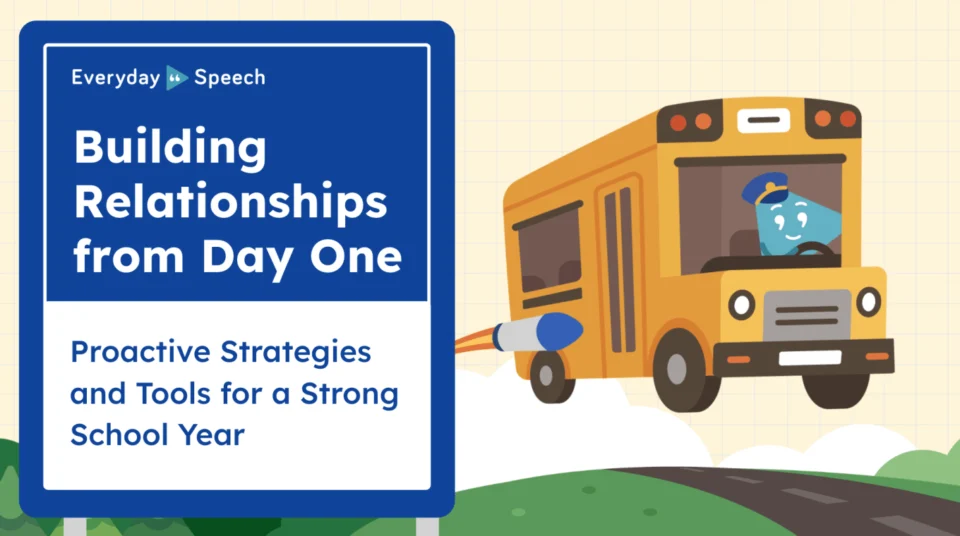Effective IEP Goals for Turn-Taking Skills in Kindergarten (with examples!)
Get free social skills materials
No-prep lessons on self-regulation, emotional recognition, conversation skills, and more.
Sign up hereTurn-taking is an essential skill for kindergarten students to develop in order to foster positive social interactions and promote inclusivity within group settings. In this blog post, we will explore the importance of turn-taking, how specialists can support its development, and provide specific IEP goals to help educators improve this skill in their students.
Related resources: See our full list of social skills IEP Goals.
Understanding Turn-Taking Skills
Turn-taking is the practice of giving each person in a group an opportunity to participate in an activity or conversation. This skill is crucial for students’ learning, social interactions, and overall wellbeing, as it teaches them empathy and respect for others. By practicing turn-taking, students learn to be inclusive, considerate, and cooperative, which are essential qualities for building strong relationships and creating a positive learning environment.
The Role of Specialists
Various specialists can support the development of turn-taking skills in kindergarten students:
- Speech-Language Pathologists can work on communication strategies that facilitate turn-taking during conversations and group activities.
- Social Workers can assist in creating a supportive environment that encourages turn-taking and fosters positive peer relationships.
- Psychologists can help identify any underlying issues that may hinder a student’s ability to take turns and provide targeted interventions.
- School Counselors can offer guidance on implementing turn-taking strategies within the classroom and provide resources for educators and families.
IEP Goals for Turn-Taking Skills
Below are specific SMART IEP goals that can be used to improve turn-taking skills in kindergarten students, along with suggested strategies and activities:
- Goal: The student will demonstrate appropriate turn-taking skills during group activities by waiting patiently for their turn and allowing others to participate, in 4 out of 5 opportunities.
- Strategy: Use visual cues, such as a timer or a “turn-taking wheel,” to help the student understand when it is their turn and when they need to wait.
- Activity: Engage students in group games or activities that require turn-taking, such as board games or cooperative learning tasks.
- Goal: The student will use verbal and non-verbal cues to request a turn and respond to others’ requests during group activities in 4 out of 5 opportunities.
- Strategy: Teach the student appropriate phrases and gestures for requesting a turn and responding to others’ requests.
- Activity: Practice role-playing scenarios where students must request a turn and respond to others’ requests during group activities.
Implementing and Measuring Progress
To effectively implement these IEP goals, educators should:
- Collaborate with specialists to develop tailored strategies and interventions.
- Consistently reinforce and model appropriate turn-taking behaviors within the classroom.
- Monitor and track the student’s progress through observation and documentation.
- Adjust goals and strategies as needed based on the student’s progress and individual needs.
Conclusion
Teaching turn-taking skills to kindergarten students is vital for their social development and overall wellbeing. By implementing effective IEP goals and working with specialists, educators can help students build strong relationships and create a positive learning environment. We encourage you to apply these IEP goals and invite you to explore more resources at Everyday Speech Sample Materials.


